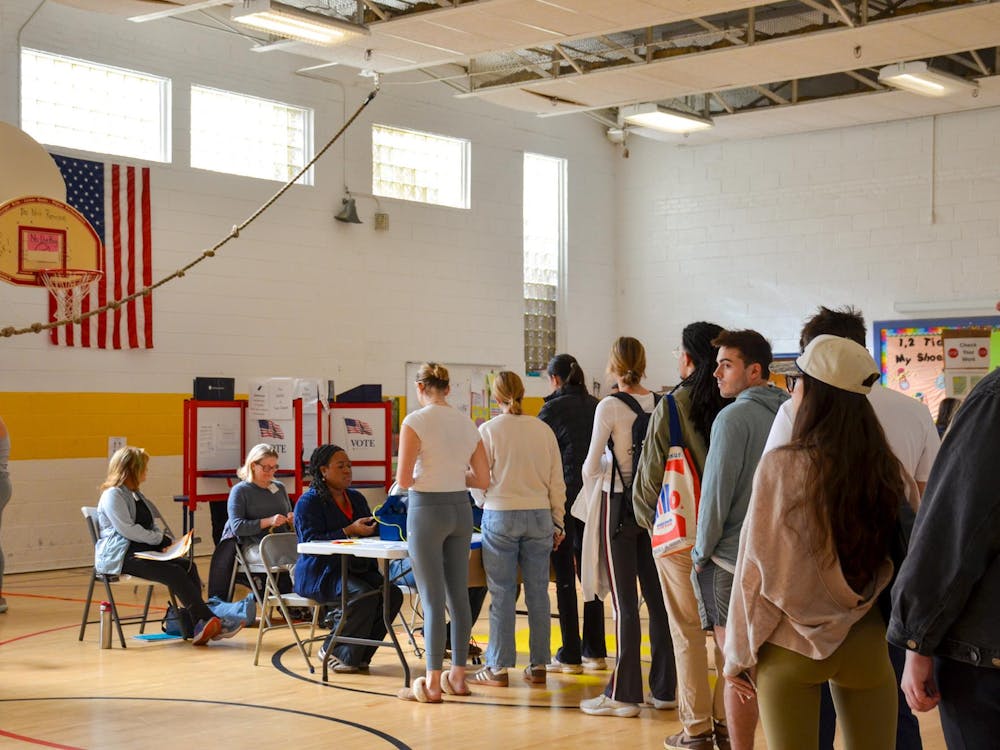Focused on the tools needed to teach students to become global citizens, James Banks, director of multicultural education at the University of Washington, Seattle, spoke at the University yesterday about the challenges and opportunities diversity presents for the U.S. education system.
Banks noted he is "deeply concerned" about many Americans' definition of basic skills in education, given that the U.S. population is changing. He cited a New York Times estimate that 12 million illegal immigrants are living in the United States, noting that as the population continues to diversify, "skills in literacy and math are essential, but not sufficient."
Schools and universities throughout the United States are also becoming increasingly diverse, he added, citing the fact that the number of students of color currently exceeds the number of white students in six states.
As a result of the increase in diversity, Banks said, it is important to teach students about all nations and cultures.
"We need to educate students to become global citizens," he said. "Even if you live in the inner-city of Seattle, you are still impacted by globalization."
Banks said the idea of global citizenship is quickly overtaking the notion of identifying solely with one nation in this rapidly changing world.
"We need a new conception of citizenship," he said, noting that a delicate balance between unity and diversity is needed for a nation to successfully avoid miscommunication and a lack of organization.
Unity without diversity, Banks said, leads to hegemony, while diversity without unity leads to chaos.
Banks emphasized the importance of thinking about diversity as a multidimensional construct. He maintained that diversity is more than just race or ethnicity; it also includes factors such as language, sexual orientation and social class.
He also noted students develop three kinds of identities: cultural identity, national identity and global identity.
"We can't expect kids to buy into the national identity if we eradicate their cultural being," Banks said, noting the importance of teaching students about other nations so they can view themselves as citizens of the world.
Vadim Elenev, a Russian born third-year College student who was not present at the speech, said knowing more about the world is always preferable to knowing less about the world, but noted the University may not be the place to gain a global perspective.
"What it comes down to is the question of who is best-positioned to do what," he said.
The University is a much better place for students hoping to learn more about Virginia or the United States, Elenev said. If students want a more global education, Elenev suggested they would be better suited to learn by spending time in other nations rather than in a University classroom.
"I think spending time abroad is very important to become a global citizen," Elenev said. "If we create a false sense of becoming global citizens through several courses in Cabell, we may decrease the incentive to travel abroad."
Banks' address, which was sponsored by the Education School, was part of the Walter N. Ridley Distinguished Speaker Series.






